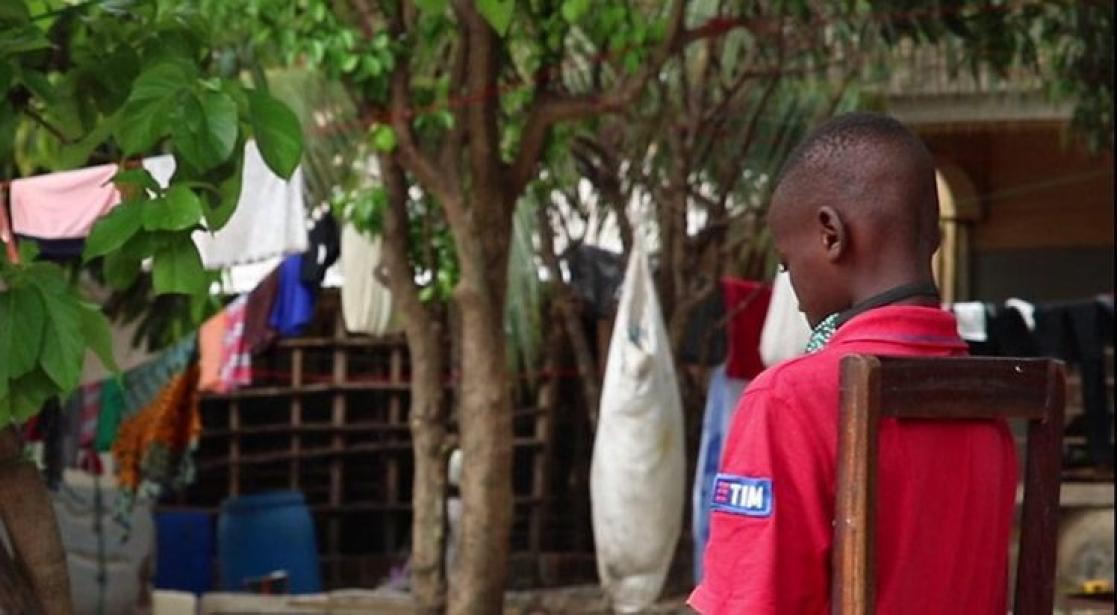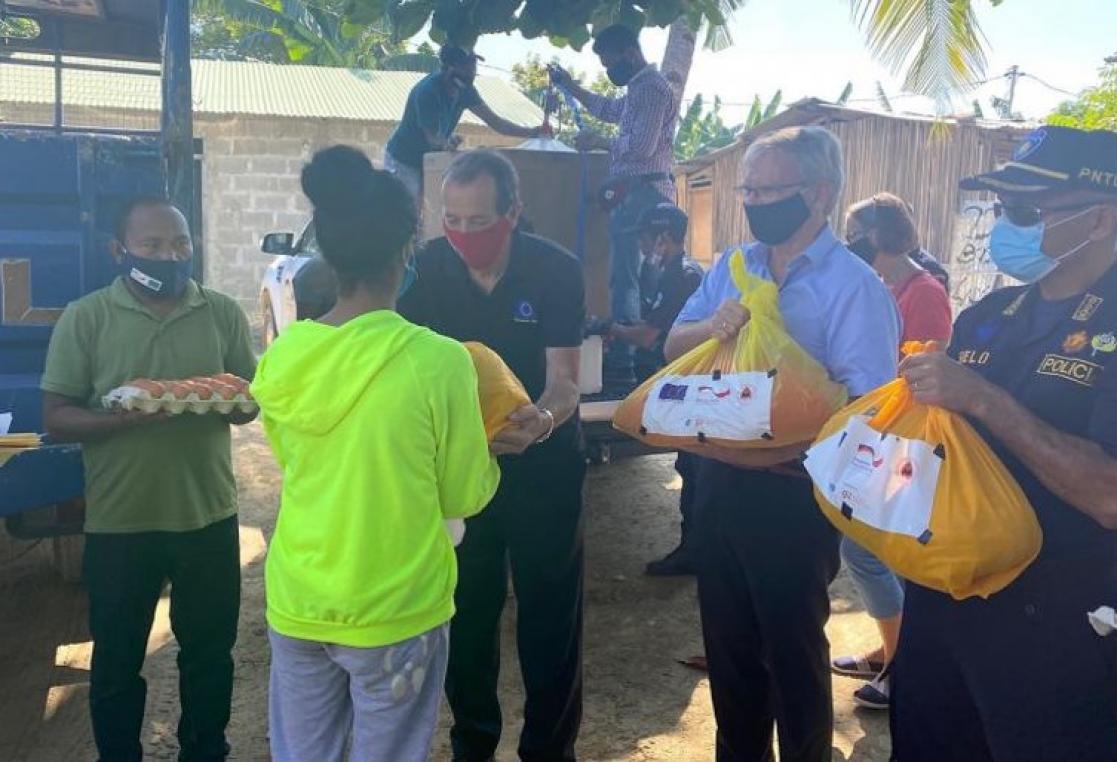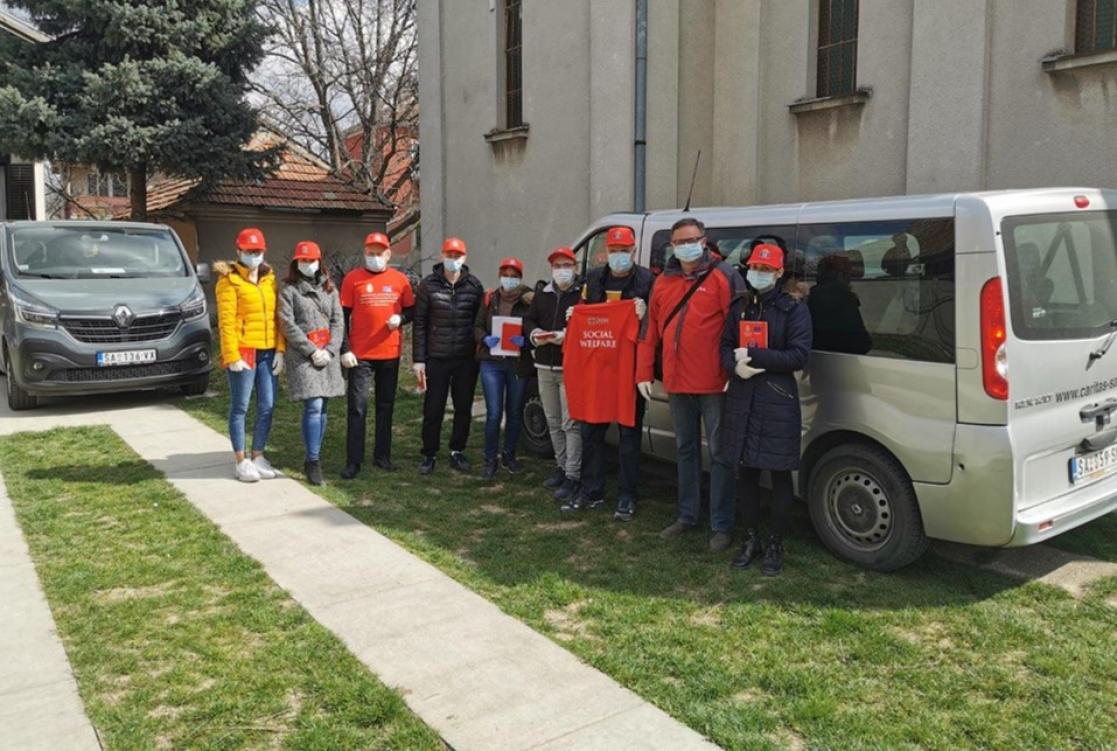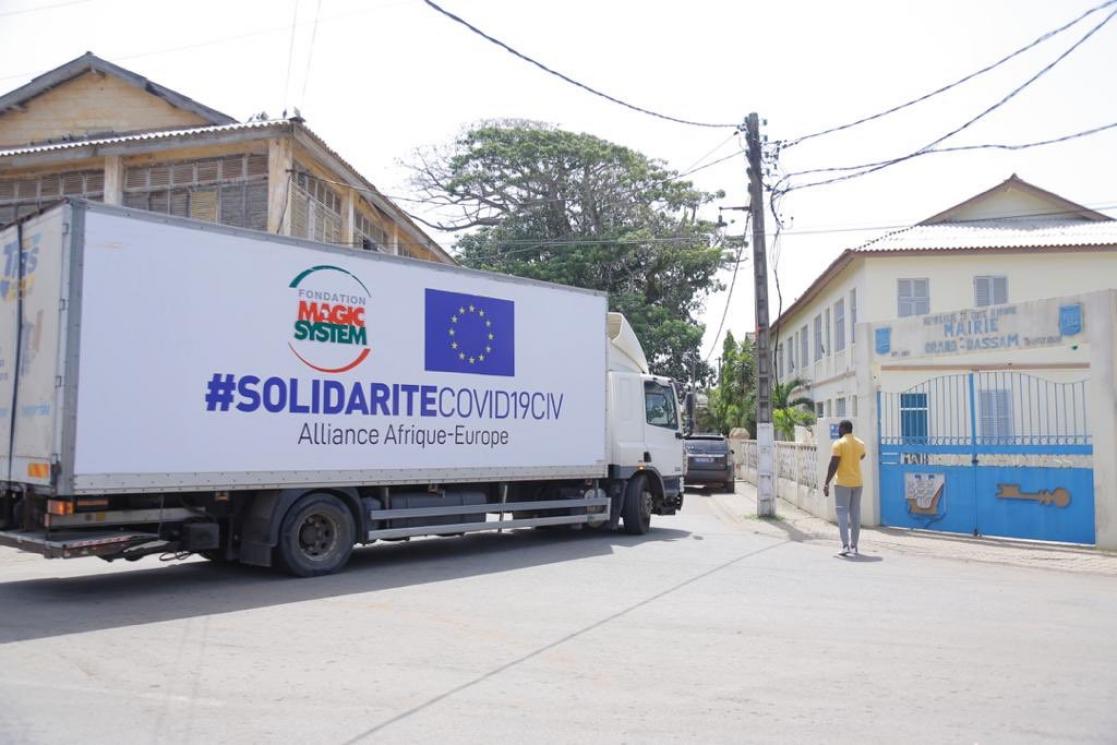With Civil Society no one is left behind

The pandemic has caused immense pressure on health, economic and political systems worldwide. Distancing is seen not only in social interactions, but also in the access to basic elements to the most vulnerable. As the focus has shifted to obtain a quick response to this crisis, Non-Governmental Organisations (NGOs), Civil Society Organisations (CSO) and individual citizens have played a key role in providing support and calling out for these difficulties.
EU High Representative Josep Borrell stated: “NGOs around the world have been playing a fundamental role in responding to the coronavirus crisis. They are documenting human rights violations, providing direct health services to communities or ensuring social assistance to the most vulnerable.” Josep Borrell went even further and added: “(…) NGOs are key partners of authorities in the assessment, design and implementation of responses to the pandemic.”
The collaboration of EU Delegations with Civil Society Organisations is essential to better understand the context of each partner country. The attention given to CSOs can be illustrated with the recently concluded ACP post-Cotonou negotiations, which promise a strong commitment to the role of CSOs as an important part of societies. European Commissioner Jutta Urpilainen has even made the personal commitment to meet with CSOs and youth representatives whenever she travels to partner countries.
The EU Annual Reports on Human Rights and Democracy are developed with strong cooperation with NGOs, civil society organisations and human rights defenders who are capable of reporting situations that are in many cases invisible.
However, the current context is also extremely challenging for NGOs, civil society organisations and human rights defenders. These groups face constraints of funding, but also of national pressures such as physical threats, harassment and sometimes killings.
“Restrictions and attacks against NGOs are unacceptable. We do not only condemn this, we are also protecting those at risk and promoting an enabling environment for civil society. In the past 6 years, the EU has provided financial support to some 45.000 human rights defenders through the Protect Defenders Mechanism. This support will continue.” defended Josep Borrell.
EU support continues
The EU remains the leading worldwide donor for local civil society organisations in partner countries. Financial support to CSOs has now grown to €2 billion annually. This partnership will be reinforced by the new Neighbourhood, Development and International Cooperation Instrument (NDICI).
Through the EU mechanism ProtectDefenders.eu, at least 277 human rights organisations and movements have had greater access to flexible, urgent material and financial support to respond to the security threats and protection needs they face and build their resilience.
At the Policy Development Fora, in December 2020, the EU reinforced the message of cooperation with NGOs and Civil Society. It was put in evidence that added support in different areas is needed to ensure sustainable development and the eradication of poverty.
Team Europe stories: EU and Civil Society cooperation in Europe and beyond
Team Europe COVID-19 response package was designed to integrate different solutions to answer to urgent needs of the most vulnerable countries and people most at risk. The collaboration with local and global NGOs and civil society organisations has been key to ensure the maximum positive impact of the EU’s actions.
Guinea: EU and NGO Terre des Hommes protect vulnerable children from Covid-19

The NGO Terre des Hommes has made it possible for 37 minors to be released from imprisonment facilities, placing the most vulnerable in foster homes in Conakry, Labé and Nzérékoré. The achievement may give a second opportunity to these kids and ensure they are safe. It was possible thanks to EU funding as part of the response to COVID-19 in Guinea. Read the entire story.
Timor-Leste: EU support ensures food provision to 200 vulnerable households in Dili

Food insecurity in Timor-Leste is a very serious issue amplified in the current context. Local authorities and NGO FUNDEF worked together on the identification of most urgent needs and on the distribution of food packages and basic hygiene materials. Read the full story.
Serbia: Supporting those protecting the most vulnerable – EU for Macva

The restrictions imposed due to the pandemic did not put a stop to the needs of those most vulnerable. Caritas Sabac is a citizens’ association helping the elderly, the ill, people with disabilities and socially vulnerable groups. Their daily activities include help at home, day care services for people with intellectual disabilities, and running social enterprises. The EU has provided support to Caritas Sabac, ensuring the association was able to purchase four vans and two passenger vehicles, and build and reconstruct two facilities. Now the association is able to continue their activities in the city of Sabac and four more municipalities of the Macva District. Read the full story.
Cote d’Ivoire: The Magic System Foundation and the European Union are providing food and material to prevent the Covid-19 epidemic to 5,000 families in the municipalities of Abidjan

The EU has joined efforts with the Magic System Foundation to combat the effects of coronavirus. Food and safety equipment has been provided to 5,000 families in the District of Abidjan. These donations consist of kits composed of rice, oil, sugar, soap and hydro-alcoholic gel. The success of this action was only possible due to the support of civil society partners who were able to support the distribution of goods. Find out more.
Joint efforts between the EU and civil society have been kept – and even reinforced – to combat the consequences of the pandemic. These will continue to stay in place in the upcoming post-COVID 19 world, as no one can be left behind.




